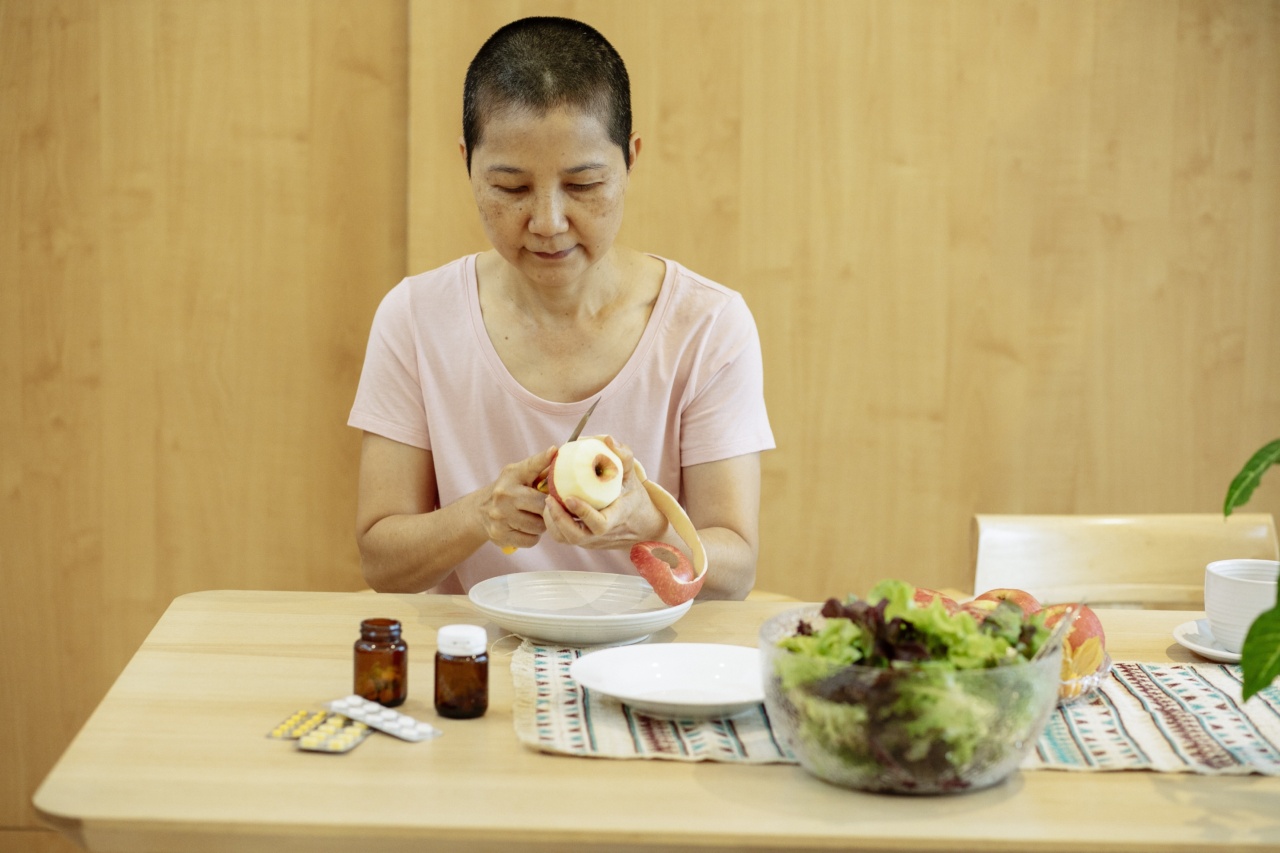Vitamin D, also known as the sunshine vitamin, is a crucial nutrient that our body needs for several functions, such as bone health, immune system regulation, and even cell growth.
In recent years, new researches have surfaced on the topic of vitamin D and its potential role in cancer prevention.
What is Vitamin D?
Vitamin D is a fat-soluble vitamin that is naturally present in very few foods. However, our body can produce it when our skin is exposed to sunlight.
This vitamin is essential for many functions in our body, including the absorption of calcium and phosphorus, which is necessary for strong bones and teeth. It also plays a crucial role in regulating the immune system, cell growth, and neuromuscular function.
How Does Vitamin D Affect Cancer?
Vitamin D is vital for healthy cell division, which is why some researchers believe it may play a role in cancer prevention. It is thought that vitamin D has a protective effect against the development of some types of cancer.
While it isn’t a cure for cancer, maintaining sufficient levels of vitamin D may help in the prevention of cancerous growth.
Studies have shown that vitamin D deficiency may increase the risk of developing certain types of cancer such as prostate, breast, and colon cancer. In some cases, patients with cancer have been found to have lower levels of vitamin D in their blood.
How Does Vitamin D Prevent Cancer?
There are several ways in which vitamin D may help to prevent cancer development. Firstly, vitamin D helps promote healthy cell division, which minimizes the risk of abnormal cell growth and mutations that can lead to cancer.
Additionally, vitamin D has been found to have anti-inflammatory properties, which helps to reduce inflammation in the body- a known risk factor for cancer development.
Vitamin D has also been found to suppress cancer cell growth and the formation of new blood vessels in tumors, which could potentially slow down the spread of cancer.
Furthermore, vitamin D has been found to activate the immune system’s natural killer cells, which help to fight off cancer cells.
How Much Vitamin D Do We Need?
The recommended daily intake of vitamin D varies depending on age and sex.
However, the general guideline from the National Institutes of Health recommends that adults between the age of 19 and 70 should aim to get 600 to 800 international units (IU) of vitamin D each day, and adults 71 years and older should aim for around 800 IU daily.
However, keep in mind that these recommendations are just guidelines, and your individual needs may vary depending on various factors such as skin pigmentation, geographic location, and sun exposure.
It is always best to consult with your doctor to determine the correct dose for you.
How Can You Get Enough Vitamin D?
The most natural source of vitamin D is from sunlight. However, this can become challenging, especially during the winter months or for those living in areas far from the equator.
Additionally, prolonged exposure to sunlight without sunscreen can increase the risk of skin cancer.
Food sources of vitamin D include fatty fish such as salmon and tuna, egg yolks, and fortified milk and orange juice. Vitamin D supplements are also available and can be a convenient way to ensure you meet your daily vitamin D requirement.
The Bottom Line
Vitamin D is a critical nutrient that is essential for several functions of our body, including preventing the risk of cancer.
While more research is needed to fully understand the impact of vitamin D and cancer, ensuring that you maintain adequate levels of this vitamin can have significant health benefits.
Try incorporating vitamin D-rich foods into your diet and adding a vitamin D supplement if necessary. However, never forget to consult your doctor, especially if you have any underlying health conditions or concerns.






























